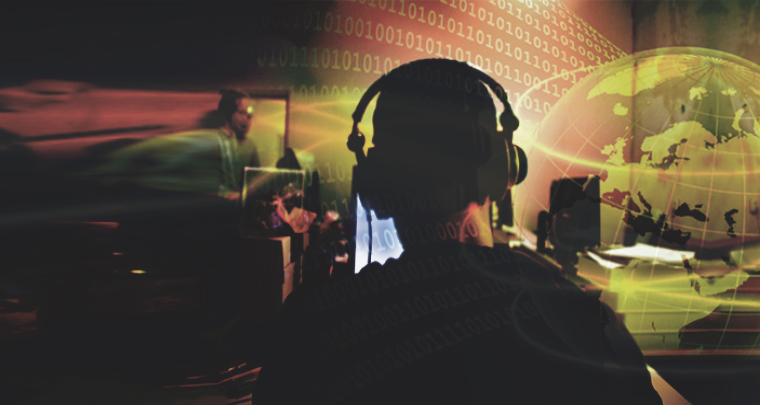Virtue is a personal “device” that Michel Foucault would have included in what he called “technologies of the self.” But the concept of “device” should be understood according to the meaning attributed to it by this significant French philosopher. A device is not a contraption, an instrument, an electronic gadget. In the present context, it refers to a collection of technologies, a strategy, a system of choices. In the case of virtue, the goal of mobilizing these technologies, this strategy, is in view of self-management.
Why can virtue, considered as a “self-management technology,” be useful with regard to the digital media, their diffusion in society and the behavior required by them? We can break down the answer to this question into the following parts:
First, the digital media require the exercise of virtue, that is to say: they require us to make the effort to reflect and work on ourselves. Use of the digital media does not come naturally to human beings; a person is not born with the ability to interact with them. Even though they guarantee us extraordinary opportunities (which can be summarized by saying that they give us the ability to expand our experience of the world and of others), the digital media also pose risks. And optimizing opportunities and limiting risks is the field in which virtue is exercised.
Second, virtue is a human device that can be exercised by any person whatsoever, regardless of his/her individual beliefs. In the Christian culture there are some virtues, like faith, that are on a different plane, but at least the cardinal virtues (those inherited from Aristotelian ethics) are very transversal. Examples of this are justice, temperance, prudence, fortitude–virtues which are the same for everyone. What do I mean by this? I mean that a believer and a person with a secular mentality can certainly agree on the need to distinguish between public and private space and the need to avoid publicizing what should remain private. What is more, virtue is not a point of arrival but a path. No person is ever completely upright. Instead, he/she learns to become upright by acting uprightly. Virtue is not a state of being; it is a movement. It is something that must be attained over and over again. This means we must strive to work on ourselves–a task that will never be over and done with. It is not only children who must learn to be virtuous; adults too must commit themselves to this task.
A final point worth considering: to become virtuous within the digital context means working on ourselves. Today we would say that it is a problem of self-efficacy. This means that the problem of the digital media cannot be resolved through rules, prohibitions, or devices designed to filter or protect. It is resolved through education. And education consists in creating the conditions that will lead to the empowerment of the subject, that is, conditions that will develop the ability to control, manage and defend oneself. In the world of the ancient Greeks, this was the role of the Master. In the Christian culture, it is the role of the spiritual director. In the era of the digital media, it is the role of the parent or teacher. In a society pervaded by the media, it is hard to find behavior in society that is not connected in some way to these roles.
And therefore we must create conditions to ensure that one’s behavior is correct. This is the field of media education, understood as interventions designed to develop a person’s self-awareness and sense of responsibility. This involves inciting people to behave virtuously and supporting them in their efforts to do this. In this way, education interweaves with citizenship and rediscovers that ethics is at the heart of it.

